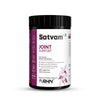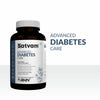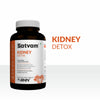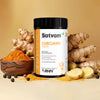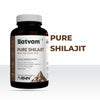Maintaining a heart-healthy lifestyle is crucial for overall well-being and longevity. The heart is one of the most vital organs in the human body, a lot of day-to-day body functions depend on your heart’s health. Therefore, it is of absolute importance to treat it with great care and responsibility.
However, there are various factors such as poor diet, lack of exercise, stress, and smoking which can increase the risk of heart disease. Fortunately, adopting certain habits and making lifestyle changes can significantly reduce this risk. Here are our top 15 tips to help you maintain a heart-healthy lifestyle.
Best Lifestyle Tips to Maintain a Healthy Heart
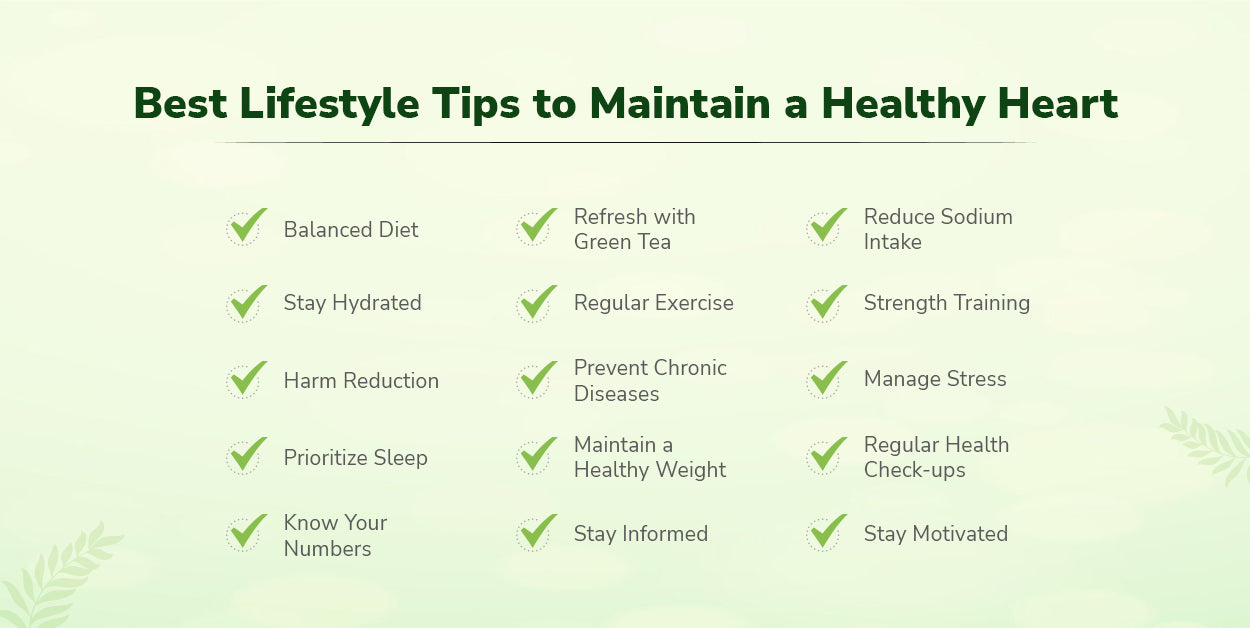
1. Balanced Diet
A balanced diet is crucial for a healthy heart. Be sure to focus on consuming plant-based and unprocessed foods such as fruits, vegetables, whole grains, lean proteins, and healthy fats. Whenever possible, also ensure to limit saturated and trans fats, as they can raise cholesterol levels and increase the risk of heart disease. Also, keep sugar intake to a minimum, as simple sugars (found in snacks and processed foods) have been linked to higher levels of triglycerides.
Make the switch to foods rich in omega-3 fatty acids, such as salmon, walnuts, and flaxseeds, which can help lower blood pressure and reduce inflammation. Ensure that you are also getting the required vitamins like D, C, B12, and E to regulate blood pressure, reduce inflammation, and improve circulation.
How much you eat is as crucial as what you eat. So, control portion sizes. This step will keep you from packing on pounds, and obesity.
2. Refresh with Green Tea
Here is what you should know about how to keep the heart healthy. Green tea is one of the richest sources of catechins which inhibit the key enzymes involved in lipid biosynthesis and reduce intestinal lipid absorption, thereby improving blood lipid profile. Studies show that consuming green tea leads to a decrease in blood pressure. It reduces blood cholesterol levels and prevents deposition and accumulation of cholesterol to keep heart healthy.
3. Reduce Sodium Intake
An excessive amount of sodium consumption can raise blood pressure and create an extra strain on the heart. Cutting down your intake of processed and packaged foods, which are often high in sodium, is a great way to begin a low-sodium diet. Try opting for, flavoring your meals with herbs, spices, and citrus juices to enhance taste without adding excess salt.
Also, be sure to be mindful of the fact that while high levels of sodium in your body do increase blood pressure, completely cutting it out is also not good as sodium is a required mineral for important bodily functions like waste management. With sodium, keep in mind that moderation is the key, not avoidance.
4. Stay Hydrated
Staying sufficiently hydrated throughout the day is essential for heart health. Make it a goal to drink at least eight glasses of water a day to stay hydrated and also support proper blood circulation. Cut down on sugary beverages like juices, sodas, energy drinks, and more, and make the switch to water, herbal teas, or infused water with fresh fruits and herbs, as well as freshly pressed fruit juices without added sugars.
5. Regular Exercise
Regular physical activity is a golden key to maintaining a healthy heart. Aim for at least 150 minutes of moderate-intensity exercise or 75 minutes of vigorous-intensity exercise each week. Incorporate various activities such as walking, jogging, cycling, swimming, or dancing to keep your workouts enjoyable and engaging.
Getting your heart pumping and blood flowing is crucial at every age to make sure that your heart is healthy and functioning properly. If you’re just starting out, try beginning with just 15 minutes of cardio-intensive aerobic activity a day, and building up from there.
6. Strength Training
In addition to aerobic exercise, incorporate strength training into your routine at least two days a week. Strength training helps build muscle mass, which can improve metabolism and support overall cardiovascular health. Use free weights like dumbbells or kettlebells, resistance bands, or bodyweight exercises to target major muscle groups. Higher muscle mass and lower fat volume take some pressure off your heart.
7. Harm Reduction
Smoking is one of the biggest risk factors for heart disease and many other health conditions. If you smoke, quitting is one of the best things you can do for your heart. Avoiding second-hand smoke is also important to avoid the risk that comes with smoking.
Alcohol consumption, while in moderation, may have some cardiovascular benefits, excessive drinking can lead to high blood pressure, heart failure, and other complications. Limit alcohol intake to no more than one drink per day for women and two drinks per day for men.
8. Prevent Chronic Diseases
Preventing chronic diseases is paramount in maintaining a heart-healthy lifestyle. Many chronic conditions, such as diabetes, obesity, and hypertension, are closely linked to heart disease. By addressing risk factors and making proactive lifestyle choices, individuals can significantly reduce their likelihood of developing these conditions that may lead to further heart problems. Taking proactive steps to prevent chronic conditions ensures that individuals can enjoy a higher quality of life in the long run.
9. Manage Stress
Chronic stress can take a big toll on your heart health. Find healthy ways to manage stress, such as practicing relaxation techniques, deep breathing exercises, meditation, or yoga. Engage in activities that bring you joy and relaxation, whether it's spending time with loved ones, pursuing hobbies, or enjoying nature.
10. Prioritize Sleep
Quality sleep is essential for heart health and overall well-being. Disturb sleep pattern leads to various heart related diseases such as high blood pressure, heart attack and more. Aim for seven to nine hours of uninterrupted sleep each night. Create a relaxing bedtime routine, such as dimming the lights, avoiding screens before bed, and practicing relaxation techniques to promote restful sleep.
11. Maintain a Healthy Weight
Being overweight or obese increases the risk of heart disease, high blood pressure, and diabetes. Strive to maintain a healthy weight by following a balanced diet and staying physically active. Set realistic goals and make sustainable lifestyle changes to achieve and maintain a healthy weight.
12. Regular Health Check-ups
Schedule regular check-ups with your healthcare provider to monitor your heart health and identify any potential risk factors or underlying conditions. Discuss your family history, lifestyle habits, and any concerns you may have to develop a personalized prevention plan.
13. Know Your Numbers
Monitor important health indicators such as blood pressure, cholesterol levels, blood sugar levels, and body mass index (BMI). Keep track of your numbers and work with your healthcare provider to maintain them within healthy ranges.
14. Stay Informed
Stay informed about the latest research and recommendations for heart health. Educate yourself about the risk factors, warning signs, and preventive measures for heart disease. Take advantage of resources such as reputable websites, books, and educational programs to empower yourself to make informed decisions about your health.
15. Stay Motivated
Maintaining a heart-healthy lifestyle requires commitment and consistency. Stay motivated by setting realistic goals, tracking your progress, maintaining a work-life balance and celebrating your achievements along the way. Surround yourself with supportive friends and family members who encourage and inspire you to prioritize your heart health.
Keep Your Heart Healthy with Right Diet & Lifestyle
Maintaining a heart-healthy lifestyle is essential for reducing the risk of heart disease and promoting overall well-being. By adopting healthy habits, you can protect your heart and live a longer, healthier life. Remember to prioritize self-care, stay informed, and seek support when needed to make positive changes for your heart health.
Start incorporating these tips into your daily routine today to take control of your heart health and enjoy a fulfilling life for years to come. It is important to invest time and effort into yourself and your health, for more information on taking the reins of your health in your hands, visit our Satvam Nutrition for important resources.



